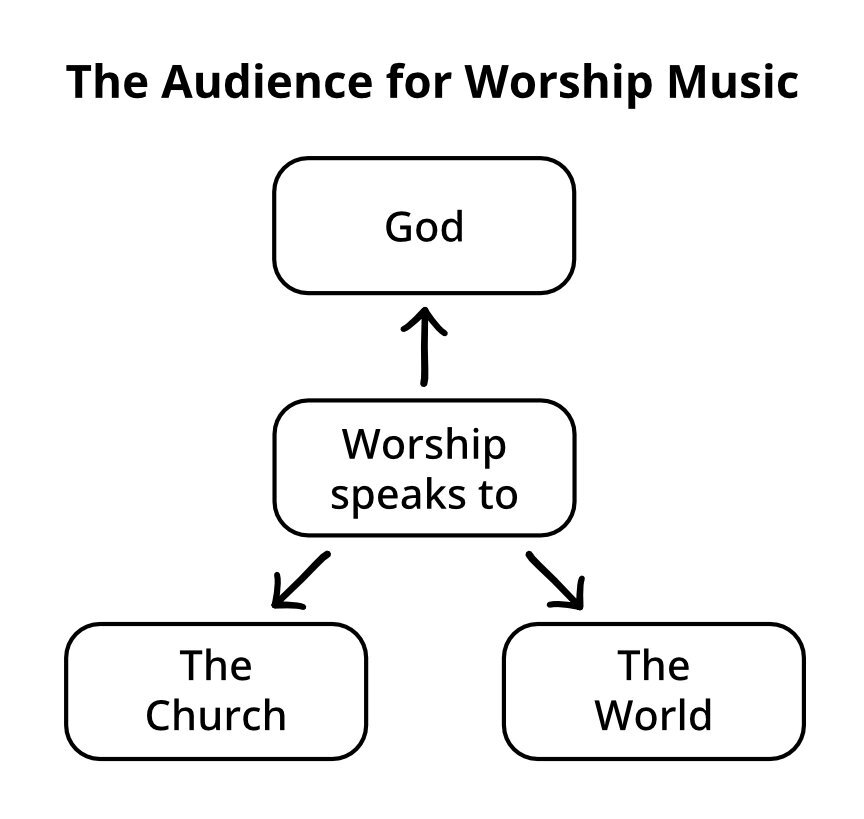Free to print for ministry use. No changes to content, no profit sales.
SGC exists to equip rising Christian leaders around the world by providing free, high-quality theological resources. We gladly grant permission for you to print and distribute our courses under these simple guidelines:
- No Changes – Course content must not be altered in any way.
- No Profit Sales – Printed copies may not be sold for profit.
- Free Use for Ministry – Churches, schools, and other training ministries may freely print and distribute copies—even if they charge tuition.
- No Unauthorized Translations – Please contact us before translating any course into another language.
All materials remain the copyrighted property of Shepherds Global Classroom.
Questions? info@shepherdsglobal.org


